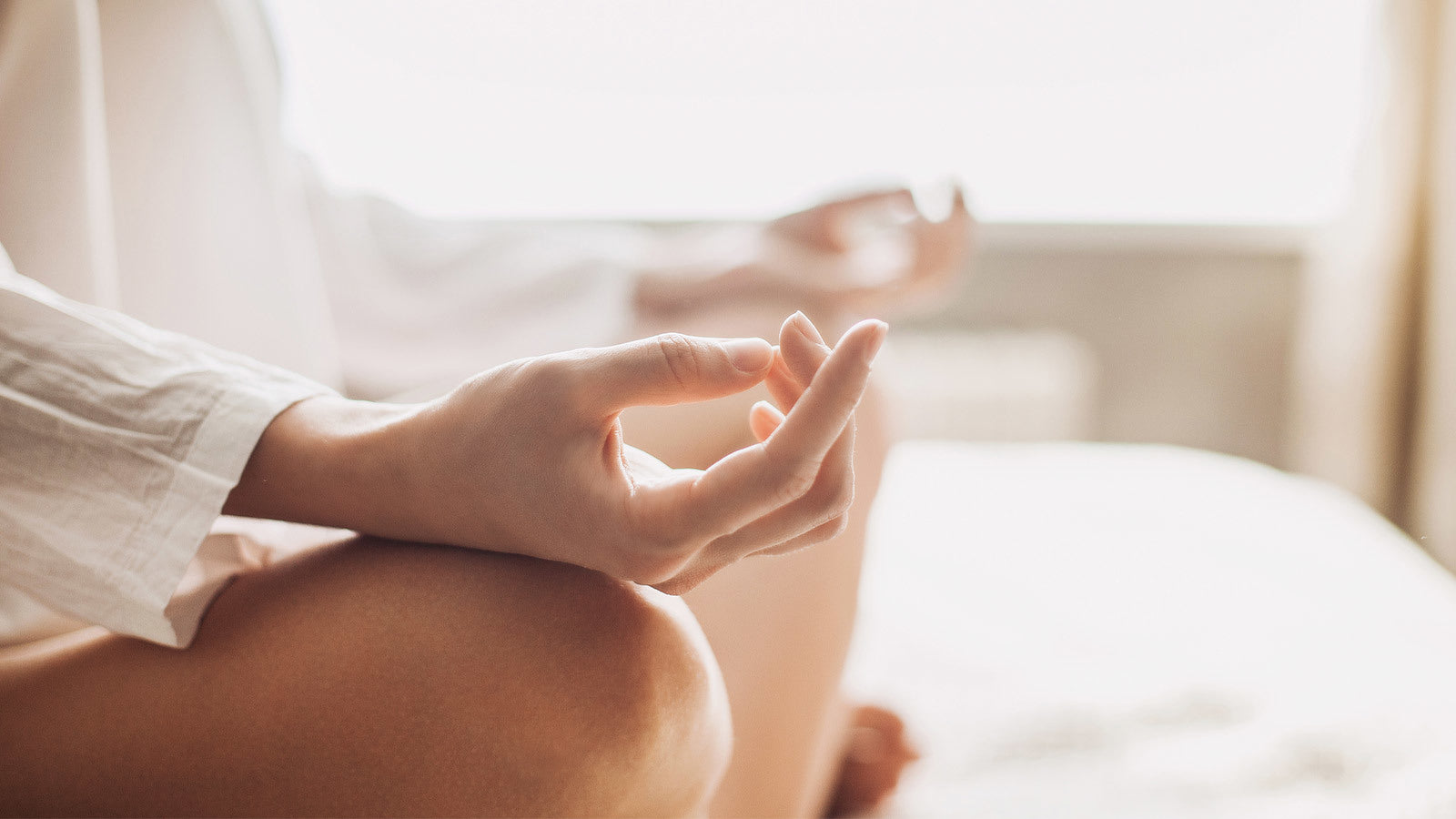By Dr. Damiana Corca, sleep & wellness specialist, Doctor of Acupuncture, Chinese Medicine, and Functional Medicine
If you feel like you are always stressed about one thing or another, you are certainly not alone. Stress levels are at all-time highs for a lot of people. Some of us might not even know how life feels like to live with low stress levels.
Why is it important to lower your stress levels? First, because you will feel better, smile more and you will sleep deeper at night which makes you feel more rested throughout the day. Second, high stress levels can cause all sorts of health issues such as higher blood pressure and increase in heart disease, a tendency to get sick easier, headaches, muscle tension, and can accelerating aging.
Here are some signs and symptoms that you are stressed, even if you don’t think you necessarily are:
- you are always rushed or running behind
- you find yourself clenching your jaw during the day or at night
- you experience headaches or you have tense shoulders
- you can’t wind down easily in the evening
- you “need” your glass of wine every night to be able to feel relaxed
- you feel irritated easily or “on edge”
- you experience feeling overwhelmed by things around you
- you have trouble with your sex life and libido
- you have digestive issues, like acid reflux, stomach aches, irregular bowel movement
- you have trouble falling asleep or staying sleep
These are just a few examples and certainly not an exhaustive list. The last symptom listed is related to sleep problems. If you are not falling asleep within 10 minutes or so, if you are not sleeping through the night (or wake up once but you go back to sleep fast) and if you are not waking up after 7 and a half to 9 hours feeling refreshed and ready for the day, then it is likely that your daily stressors are negatively affecting your sleep quality.
The goal is not how to stop the stress from existing in your life, but rather how to live more mindful every day, so you feel happier and more relaxed, sleep well at night, which in turn helps you feel less stressed and happier the following day. Afterall, stress and sleep are closely related.
The best approach to reduce your stress levels is to be aware of the body and mind connection throughout the entire day.
Let’s explore your day, step-by-step and see where you can implement small changes that can make big difference to reduce your stress levels and set you up for a good night’s sleep.
-
Give yourself a wake up “break”. As we wake up, we have a natural increase in the hormone cortisol, which either does a beautiful job at giving us a burst of energy or goes up so much that we already start feeling stressed. The solution: give yourself 15 minutes after waking up to find space and prepare your mind for the day. You could journal for a few minutes, meditate for a few minutes (silently or guided), or go for a brief walk. What we want to avoid is grabbing the phone to check your email, social media accounts or the news.
-
Take 3 breaths before each meal. Although simple, this easy habit has huge potential to help calm your mind. We call this habit stacking, which is basically something new that is added to something you already do every day. Taking three deeper breaths right before you start eating helps break stress response. It allows your body to relax, focus on digestion and utilize the nutrients in your food.
-
Take a power nap at the right time. We are often told not to take a nap if we want to sleep well at night but the truth is taking a nap at the right time of the day, between 1 p.m. and 3 p.m. (or at least 7 to 8 hours before your typical bedtime) for no more than 30 minutes, can help the stress response in your body. It’s almost like rebooting the computer, after a nap you feel more relaxed, think clearer and feel happier. If you can’t take a nap, simply lay down and rest for 30 minutes, quietly, or listen to a guided meditation. This is one of the most valuable habits you can have in your life to improve your mental health.
-
Utilize a “worry bucket” starting at 5pm. As the work day comes to a close, one of the most important steps you can take to transition into a peaceful evening is to start writing down all your worries, anxieties, tasks for the next day or days, even “random” thoughts that pop into your mind. Keep dumping them into the bucket. That bucket could be a journal, a note on your phone, or an app for time management. Later in the evening, or if you have trouble sleeping, when any of those thoughts pop into your mind, just tell yourself that they are in the worry bucket and you will address it in the morning.
-
Practice living the relaxed life after 7pm. Life may be busy and full during the day, but after 7 p.m. we have an opportunity to truly slow down and do things that nourish us and makes us feel good. Taking a hot bath or even a hot shower exposes our body to a higher temperature which causes an internal drop in core body temperature, helping you feel more relaxed and fall asleep easier. If you want to watch a show to help you relax, watch it earlier in the evening and allow the hour before bedtime to be free of electronics.
- Calming ingredients. Teas, drinks or supplements that contain magnesium, chamomile, l-theanine, CBD or CBN can further help you relax more. Discover Elixinol’s sleep collection here.
Try these techniques for 21 days. Most research shows that it takes a few weeks to fully embrace and implement new habits. If are still having trouble sleeping, read this article, where we explore deeper reasons why you may not be able to sleep well.

Dr. Damiana Corca
- Doctorate in Acupuncture and Chinese Medicine, Pacific College of Health & Science
- Certified Functional Medicine Practitioner, Institute for Functional Medicine
- Masters of Oriental Medicine, East West College of Natural Medicine
- Bachelors in Health Sciences, East West College of Natural Medicine
If you want to learn more about root causes for sleep issues and how to solve them, get this free gift from Dr. Damiana Corca.




